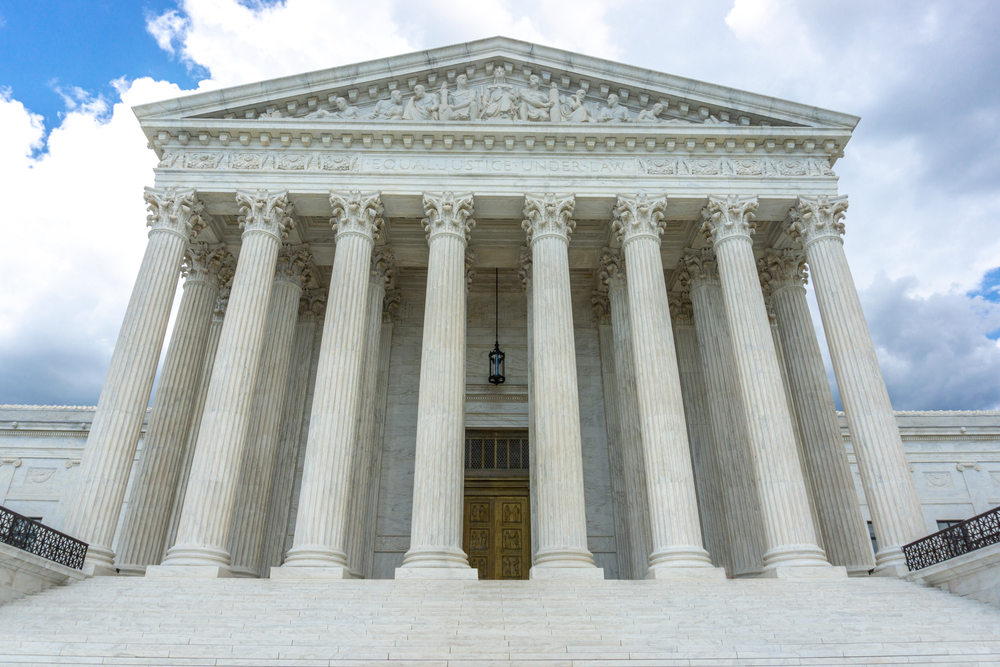Navigating the Criteria for Subject Matter Eligibility in Patent Law
When seeking to obtain a patent with a patent attorney, it is important to ensure that your claimed invention meets the requirements for subject matter eligibility. According to the United States Patent and Trademark Office (USPTO), there are two criteria for determining subject matter eligibility: (1) the invention must fall within one of the four statutory categories of process, machine, manufacture, or composition of matter, as outlined in 35 U.S.C. 101; and (2) the invention must not be directed to a judicial exception, unless the claim as a whole includes additional limitations that amount to significantly more than the exception. The judicial exceptions include abstract ideas, laws of nature, and natural phenomena (including products of nature). It is also important to note that subject matter eligibility is further limited by the Atomic Energy Act, which prohibits patents granted on any invention or discovery that is useful solely in the utilization of special nuclear material or atomic energy in an atomic weapon. To fully understand the requirements for subject matter eligibility, it is helpful to refer to the Manual of Patent Examining Procedure (MPEP) § 2106, which provides a detailed discussion on the subject, as well as specific guidance on how to evaluate claims for patent-eligible subject matter. The Manual of Patent Examining Procedure (MPEP) is a guide that is used by patent examiners at the United States Patent and Trademark Office (USPTO) to determine whether a claimed invention is eligible for a patent. MPEP § 2106 specifically deals with the issue of subject matter eligibility, which is a requirement for a claimed invention to be granted a patent. According to MPEP § 2106, there are two criteria for determining subject matter eligibility: (1) the claimed [...]






